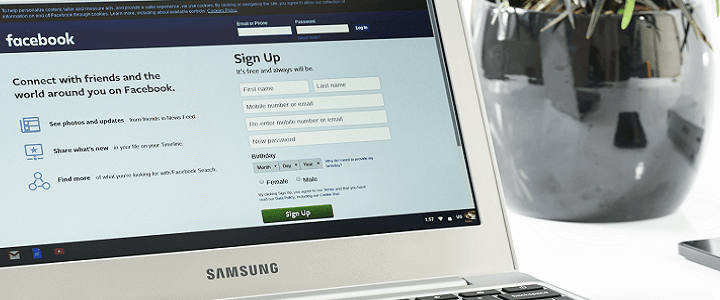Let’s face it, we’ve become a world obsessed with social media. An estimated 2.7 billion people use Facebook’s services such as Instagram, WhatsApp and Messenger on a daily basis. As of the first quarter of 2019, Snapchat reported a user base of over 190 million daily active users. Twitter, reported 321 million active users as of February of 2019. Clearly social media has become a daily occurance in billions of people’s lives. Most people are using multiple social media apps daily; we have become an always connected people. For most, social media usage does not present much of a risk. However, for individuals with U.S. government clearances, it is important to pause and evaluate your social media usage and determine if your online behavior could prove detrimental to your clearance status.
In May of 2016, Director of National Intelligence James Clapper signed Security Executive Agent Directive 5, which allows investigators to take into account the applicants behavior on social media. While the government has emphasized they haven’t yet found an effective way to do so, social media remains fair game for denying or revoking a security clearance. Your social media behavior, along with the data collected on the SF86, provides a snapshot of the “whole person” for an adjudicator, who will decide whether to grant, deny or revoke your security clearance. While some might see this as an invasion of privacy, you should know that what you publicly share on the Internet is forever in the *public* domain and thus is no longer private. In fact, if you take into account the user agreements you sign when downloading an app, you are voluntarily giving up your right to privacy if you use that app. Here is a list of social media behaviors you should avoid at all costs, especially if you hold a security clearance.
Posting NSFW Images/Content
If you hold a government clearance, just say no to taking and/or posting nude pictures either of yourself or someone else. Too many people assume an image is private private if it just lives in your camera roll. Come on people?!?! Because these scenarios often involve an extramarital relationship, the stakes are particularly high. Don’t do anything that could potentially result in blackmail and expect to keep your clearance.
Taking Pics While at Work
Cleared work generally takes place at a classified facility. The last thing you should do is post a “first day of work” selfie to Instagram with your workplace in the background or from your cubicle in cleared space. The explosion of the Internet and social media has made social engineering attempts so easy. All someone has to do is follow your social media feed, see where you work, where you live and then put the pieces together. Most government facilities do not allow photography, and while some allow phones on the inside, any form of photography is prohibited, especially when you are in a SCIF. Wireless communication devices are strictly prohibited in SCIF space, and if you are in violation, report it to your FSO and supervisor immediately, even if it was a mistake.
Posting Classified Data
My hope is that this section is a no-brainer, DO NOT POST CLASSIFIED DATA ON SOCIAL MEDIA! Unfortunately this happens, most notably with the WikiLeaks publication of classified documents regarding the invasions of Iraq and Afghanistan back in 2010. Several government contractors have stolen and posted classified data on the Internet and with the press, most famously in the case of Edward Snowden. These leaks and their aftermath helped contribute to a major backlog in clearance processing by the Office of Personnel Management, and subsequent reductions in the number of clearances.
Be Smart While Using Social Media
I get it, social media is fun. Even I enjoy keeping up with my family via Instagram. When we were all kids, we learned about Stop, Drop and Roll if/when we catch on fire. I’m suggesting we do the same thing with social media today; Stop, Think and Post, in that order. Stop for a second, think about what you are posting and then if it is ok, go ahead and post it. Social media is tied directly to our brain’s pleasure center, everytime we get a new follower or someone likes a post, we get that dopamine hit and it makes us feel good and want more. Since that’s the case, I’ll also ask you to employ another thing we learned as kids, Just Say No! If you get to the point where you realize that social media has become an addiction for you, take a step back and unplug for a while. Don’t let social media ruin your ability to hold a government clearance.




